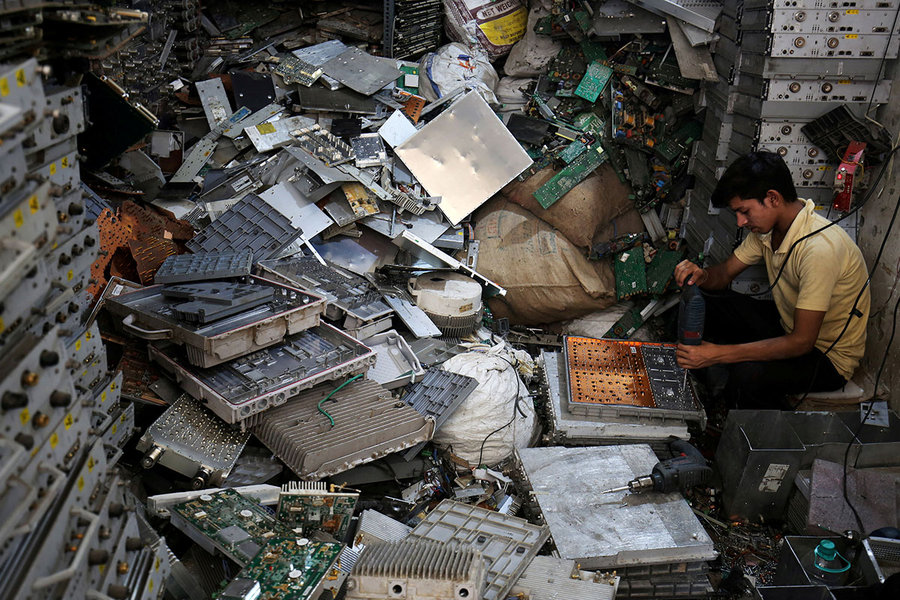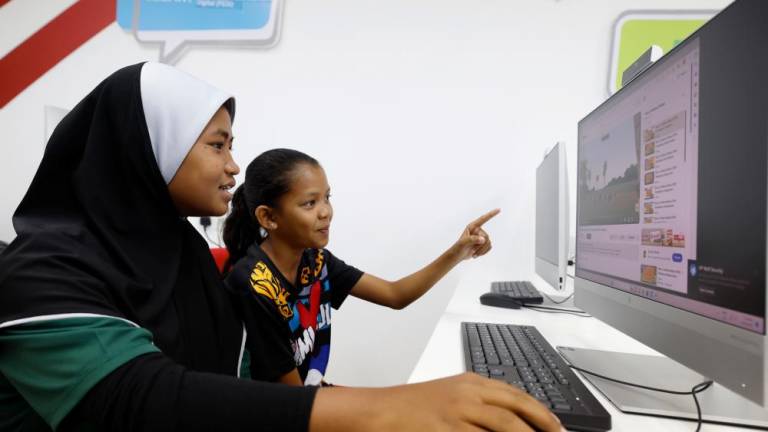GEORGE TOWN: An environmental nightmare is unfolding in Penang – one that may pose an immediate health risk.
The state has become a dumping ground for electronic waste, or e-waste.
State executive councillor Phee Boon Poh said that just like plastic waste, e-waste is imported. He believes thousands of shipments of such waste have been arriving in Penang but very little of it is recycled.
“The rest is simply sent to landfills in isolated areas across the state,” he told theSun.
Much of the waste is toxic.
He said importers have managed to bring the waste into the country through fraudulent and corrupt practices.
“Documents are falsified to disguise (the waste material), and such unlawful activities slip past authorities such as the Customs Department and the Department of Environment (DoE).”
He said computer motherboards are smashed up and repacked and declared as scrap metal bound for recycling plants.
“However, our recycling plants cannot cope with such waste, so most of it ends up being dumped illegally at isolated locations.”
Among the e-waste that have turned up are TV sets, VCR players, stereos, copiers, fax machines and electronic gadgets from Europe, Australia and the United States.
Recycling e-waste is big business. It is worth US$5 billion (RM20.7 billion) annually in the US alone, according to Washington-based Institute of Scrap Recycling Industries, representing more than 1,300 companies dealing in scrap commodities.
Unlike plastic waste, e-waste contains elements that are harmful to health, such as cadmium, chromium, mercury and lead, among others.
Over exposure to cadmium causes renal dysfunction while mercury can cause neurological problems. Exposure to lead causes damage to the brain.
Data from DoE shows that more than 700,000 tonnes of e-waste was generated by households in Malaysia in 2010. This is projected to rise to 1.1 million tonnes next year.













